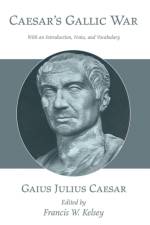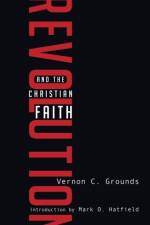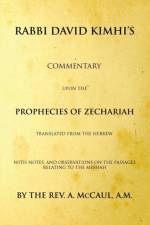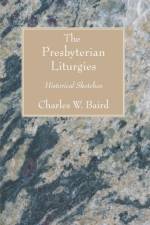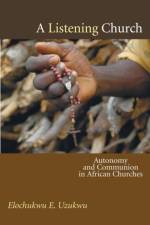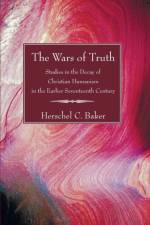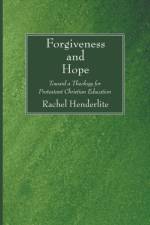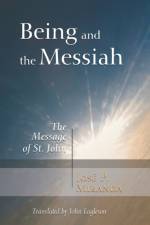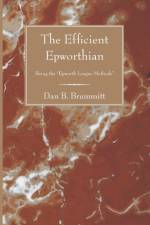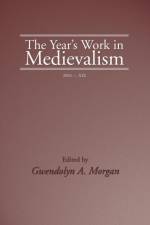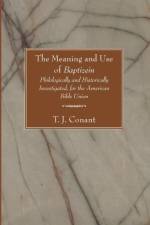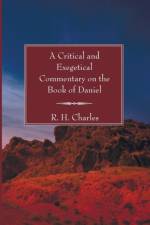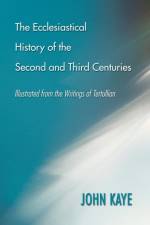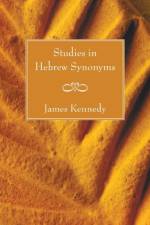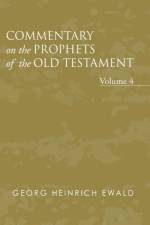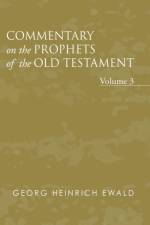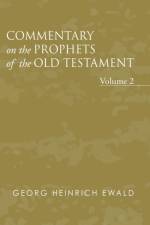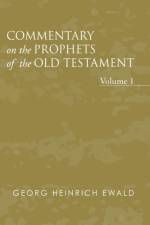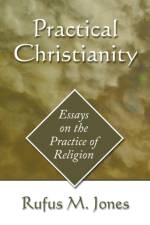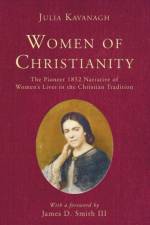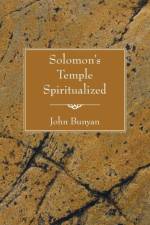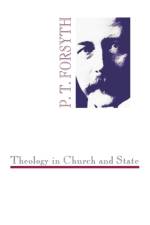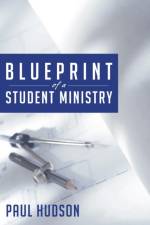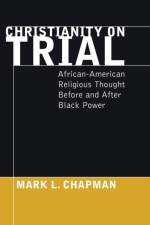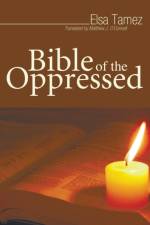av Elochukwu E Uzukwu
345,-
AIDS. Famine. Ethnic strife. Refugees. Poverty. Debt. Environmental degradation. These form the wounded face of Africa today, the reality confronting the church of Africa. To heal Africa, Spiritan Father Elochukwu Uzukwu argues that the church in Africa must become a credible and effective agent of change by making full use of African resources--natural and sociohistorical--including traditional patterns of social organization. In order to renew itself, the church must remember that it does not exist for itself but for the people--to bear witness in Africa to the risen Lord.Focusing on the Catholic Church in Africa today, A Listening Church proposes a fresh approach to ecclesiology. Following closely on the African Synod of Bishops, Uzukwu proposes the initiation of serious theological discussion on the structure of the Church in Africa that came out of that historic occasion. Simply speaking, the African churches must listen to their people, and the Church in Rome must listen to the churches in Africa.Exciting, very well-written, unpretentious, balanced, creative, and constructive. There is a great deal of wisdom and insight in this book.--Anthony J. Gittins, C.S.Sp.Bishop Francis X. Ford, M. M., Professor of Catholic Missiology, Catholic Theological UnionUzukwu's book comes at just the right moment with just the right approach . . . His challenge to be a 'listening church with large ears' takes the search for the meaning of 'church as family' out of the realm of speculation into the real world of pastoral concern.--Peter J. Henriot, S.J.Directory, Jesuit Centre for Theological Reflection, Lusaka, ZambiaA Listening Church is a creative response to a major theme of the African Synod--The Church as the Family of God.--Aylward Shorter, M.Afr.author of Cross and Flag in Africa: The White Fathers during the Colonial Scramble (1892-1914) (2006)Elochukwu E. Uzukwu is a spiritan priest, liturgist and ecclesiologist, serves as rector and lecturer at the Spiritan International School in Enugu, Nigeria, and is a visiting lecturer at the Catholic Institute of West Africa and the Institute Catholique de Paris. His books include Liturgy: Truly African, Truly Christian and Worship as Body Language: An African Orientation.

